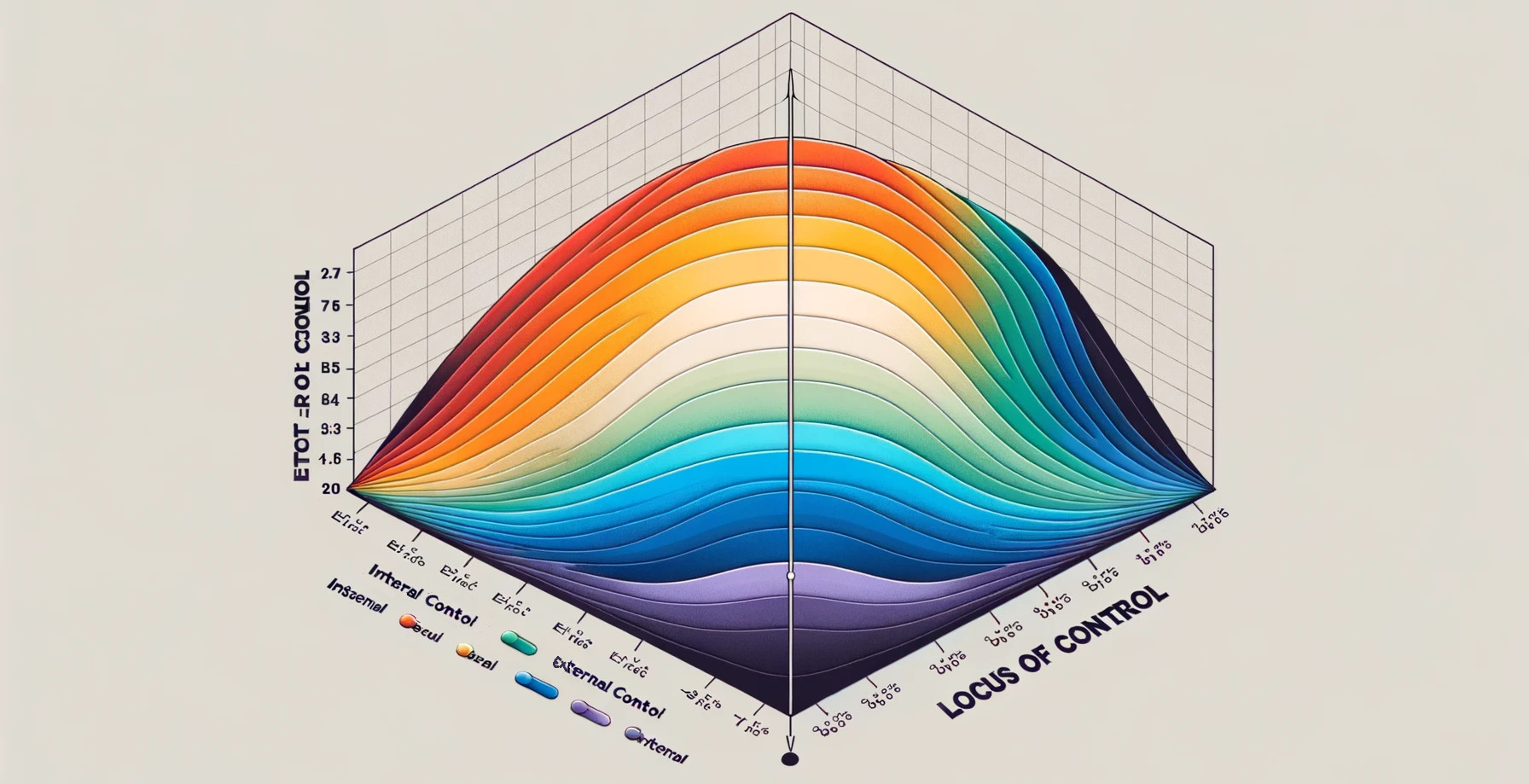The concept of locus of control is a psychological framework for understanding how individuals perceive and respond to the world around them. It has profound implications for human behaviour and well-being. Rooted in the study of personality psychology, locus of control offers insights into why people react differently to similar circumstances. This article delves into its origins, nuances, and its relationship with the human condition.
Origins of Locus of Control:
The theory of locus of control was developed by psychologist Julian B. Rotter in the 1950s. It emerged from social learning theory and was initially conceptualized as a framework to understand the effects of reinforcement on behaviour. Rotter proposed that people’s behaviours and attitudes are significantly influenced by their beliefs about whether the outcomes of their actions are contingent upon what they do (internal control) or on events outside their personal control (external control).
The Spectrum of Locus of Control:
Locus of control is often visualized as a spectrum. On one end is the internal locus of control, where individuals believe that they have the power to influence events and their outcomes. These individuals typically take responsibility for their actions and are often proactive in seeking solutions. On the opposite end is the external locus of control, where people attribute their successes or failures to external factors such as luck, fate, or other people’s actions. They often feel that their lives are controlled by outside forces, which can lead to feelings of helplessness or resignation.
Impact on the Human Condition:
The concept of locus of control has profound implications for the human condition, influencing various aspects of life, including mental health, motivation, and decision-making.
- Mental Health:
Individuals with a strong internal locus of control often exhibit higher levels of psychological well-being. They tend to be more resilient in the face of adversity and are less prone to anxiety and depression. Conversely, a strong external locus of control can sometimes lead to feelings of helplessness and a lack of agency, potentially contributing to mental health challenges. - Motivation and Achievement:
People with an internal locus of control are generally more motivated to achieve their goals, as they believe their efforts will lead to success. They are more likely to take initiative and persist in the face of obstacles. On the other hand, those with an external locus of control may be less inclined to exert effort, believing that outcomes are out of their hands. - Decision-Making:
The locus of control also affects decision-making processes. Individuals with an internal locus of control are more likely to analyse situations and take calculated risks, while those with an external locus of control might rely more on chance or the opinions of others.
Locus of control is a powerful lens through which to understand human behaviour and well-being. It highlights the role of personal beliefs in shaping responses to life’s challenges and opportunities. While everyone may exhibit different degrees of internal and external locus of control, understanding this concept can provide valuable insights into personal development and coping strategies. Ultimately, the awareness of one’s locus of control can be a first step towards greater self-understanding and empowerment.
